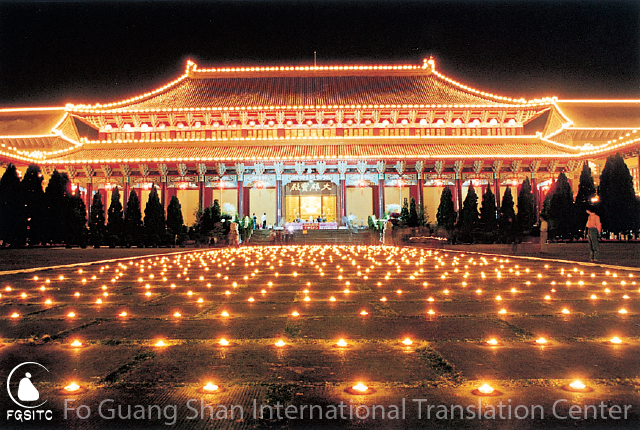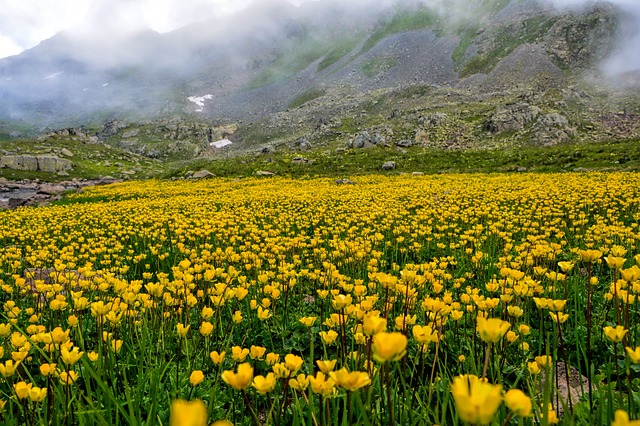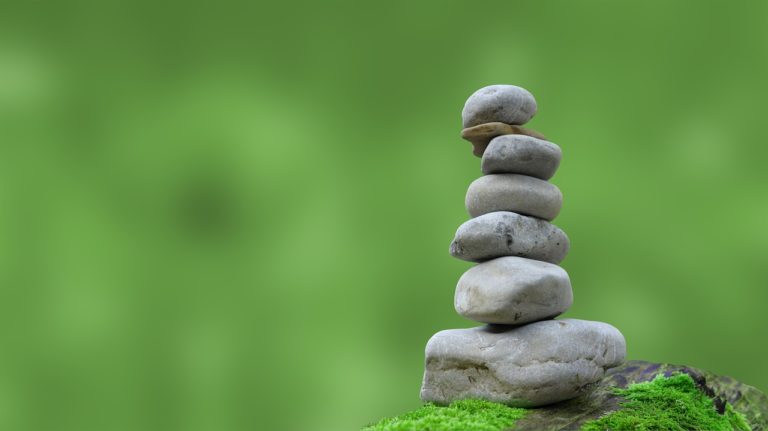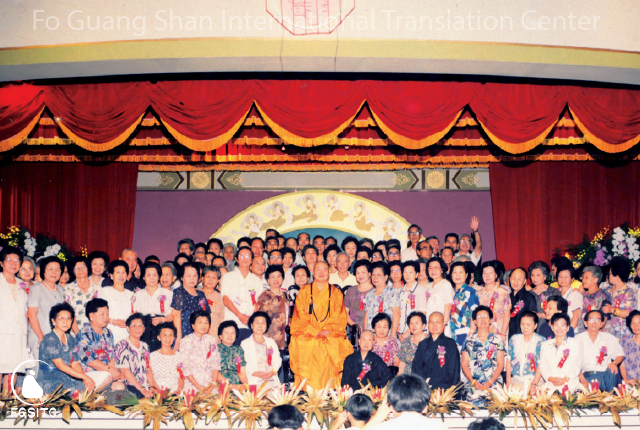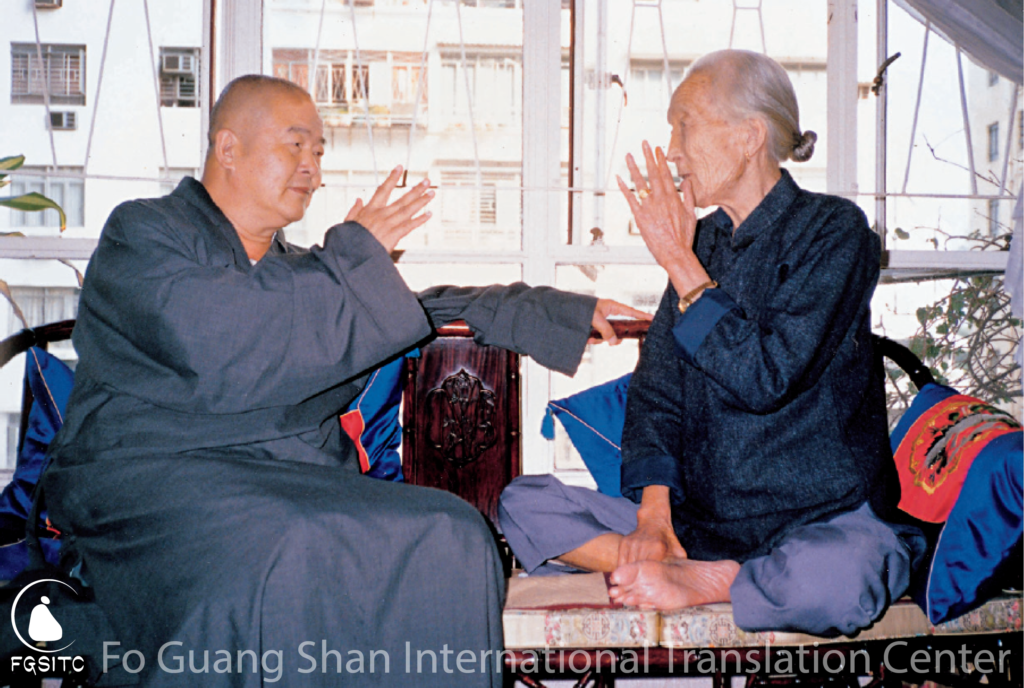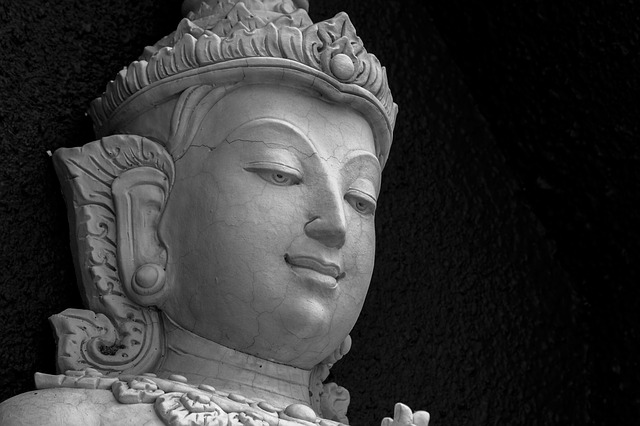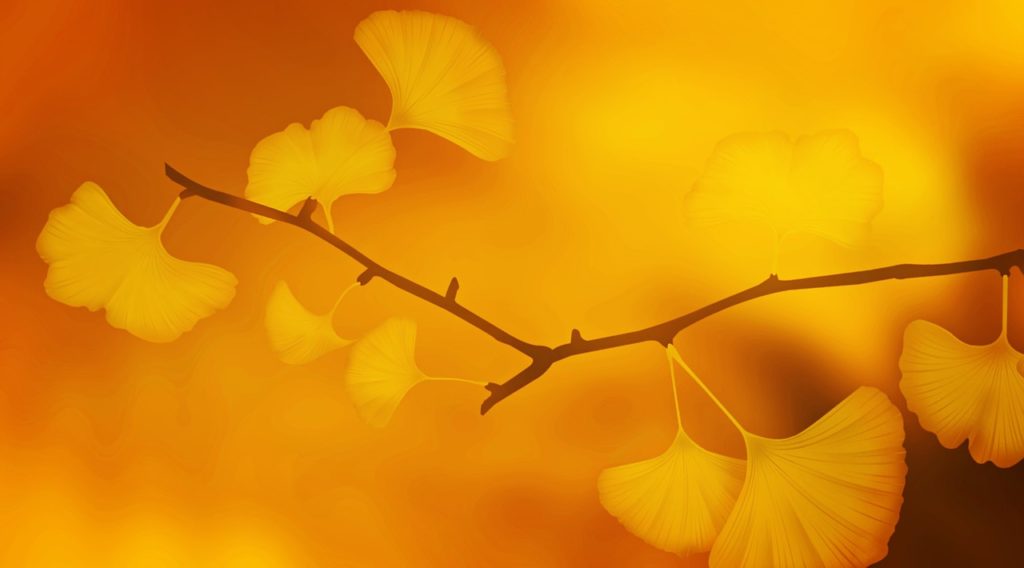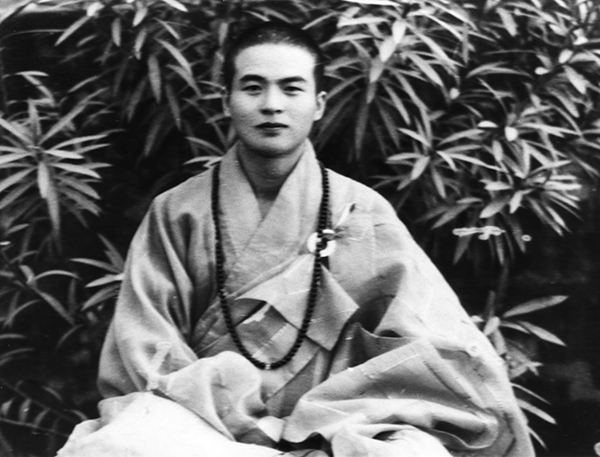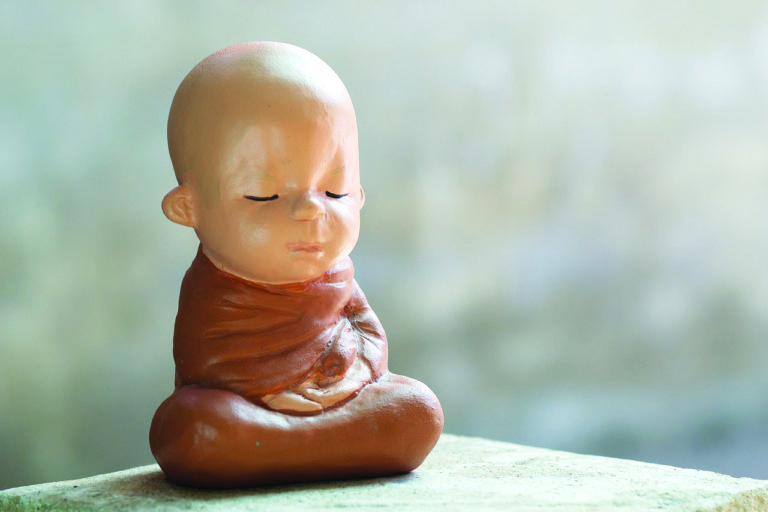
In the Sutra of Forty-Two Sections, the Buddha asked his disciples, “How long is one’s life?” One of the monks replied, “A few years.” The next one answered, “A few days!” Another one said, “Less than one day!” Another responded, “Between meals!” Finally, the Buddha said, “Life lasts for the duration of one breath.”
Life is extraordinarily precious and yet it is based on a short breath, therefore breathing is extremely important to us.
When there is sunshine, we do not recognize its importance, nor when there is a river, do we appreciate the value of a single drop of water. While we are still able to breathe, we never think about how precious and important a single breath is to us! However, once breathing ceases, wealth, status, fame, friends, and family all become meaningless.
Look at our senses: our eyes allow us to see, our ears hear, our arms and legs enable us to move, and our mouths allow us to talk. However, once breathing stops, our eyes, ears, and body no longer function because our life exists on the strength of a breath. Though our eyes, ears, nose, mouth, and body all have their exclusive functions, only a breath can substitute for and even override all of them. Breath, unlike our eyes, cannot be used for seeing, but it can feel the differences in the atmosphere. Breathing is not used for hearing like our ears, but it can sense the anomaly in a relationship.
Breathing can feel the changes in the environment outside our body
and also perceive the thought processes inside our mind. Looking after our breathing is protecting our lives.
When we are relaxed and carefree, we can breathe easier, heaving a huge sigh of relief. Conversely, when we are under pressure, we may become short of breath. Breathing shows us life’s versatility. It can sense if the air is fresh, and it can also observe the volatility of life. Therefore, looking after our breathing is protecting our lives.
Breathing can also be used for cultivation in adjusting one’s life and purifying one’s mind. In observing how we breathe in and out, we become aware of the condition of our bodies and minds. Rapid and short breathing signifies a flustered and unstable mind, and smooth breathing is indicative of a harmonized mind. Hence, the practice of counting breaths has always been emphasized repeatedly during meditation instruction.
Since we live in this world, we must cherish our breathing as we cherish our lives. When there still exists a single breath, we must make use of the opportunity to fulfill all our obligations, accomplish all our responsibilities, and make good on all our promises. For any commitment we make to our country and community, parents and children, or friends and relatives, we must act appropriately and expediently. To build and strengthen our affinity with others, we should make good use of every single breath.
From All in a Thought, written by Venerable Master Hsing Yun.
Image from Pixabay.



